The Best And Boldest Australia’s LGBTI Films
Share
17 of the best Australia’s LGBT movies
You wouldn’t know it by looking at your neighborhood listings, but there are a LOT of films being made about the LGBTI experience right now. They can be pretty hard to find in Australia – frequently relegated to celebrations in the major metropolitan areas or quiet entertainment produces on Dvd and blu-ray, Blu-ray, or iTunes (and sometimes not that) – however they are indeed out there. Either way, here’s a thorough, intensive (yet still not complete) set of films that you should know about from the year that was.
The Getting of Wisdom (1978)
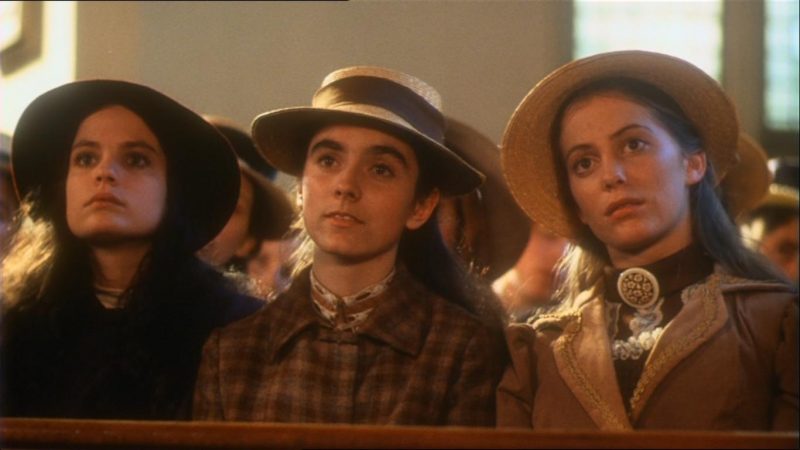
Bruce Beresford’s coming-of-age basic, mostly based in and around a girls-only boarding college in the first 1900s, brought into focus lesbian undertones only hinted at in its source material: the 1910 book written by Ethel Florence Lindesay Richardson (written under the pseudonym Henry Handel Richardson). These are obvious in Beresford’s version, where brash piano prodigy Laura (Susannah Fowle) stocks an intimate romantic relationship with fellow college student Evelyn (Hilary Ryan). Fowle, who had no prior performing experience at the time of filming, established the standard for great shows by teenagers in Australian movies.
The Naked Bunyip (1970)
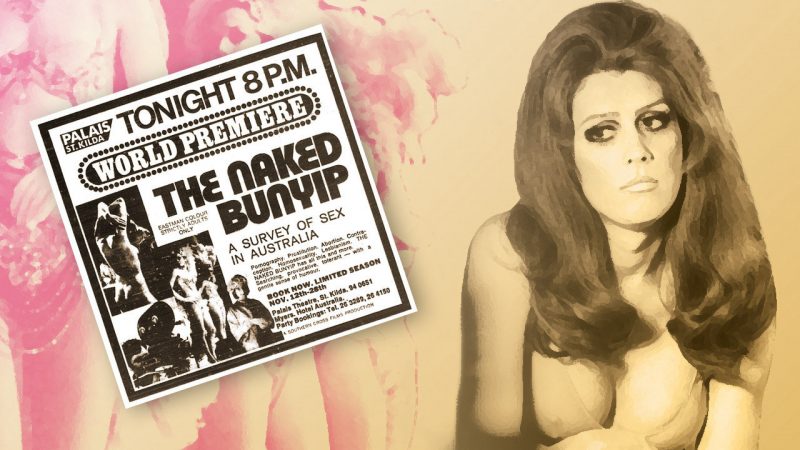
Homosexuality was catnip to many of the filmmakers behind the wave of sexploitation documentaries that flourished in Australia in the 1970s, which frequently served as a justification showing titillating photos of lesbians getting right down to business in the bedroom. Gay men, if they made an appearance, were usually shown as unsympathetic, bitchy queens. Not in The Naked Bunyip, the grandfather of Australian sexploitation, when an extended segment is devoted to a gay man dock employee, who discussions candidly about his life. The film pulls parallels between your close masculine interactions that form under the Australian trend of ‘mateship’ and homosexuality, while talking minds discuss the need for decriminalising homosexual sex, which during the documentary was a legal offence in Australia.
The film itself is a strange mixture of high comedy (Edna Everage makes an early appearance), slapstick, sensitive studies of social issues and grim sources to back-street abortions and gang rape. To dodge the censors, a toon of the titular ‘naked bunyip’ seems on the sexiest scenes, re-enacting what the viewer was not allowed to see.
The Sum folks (1994)
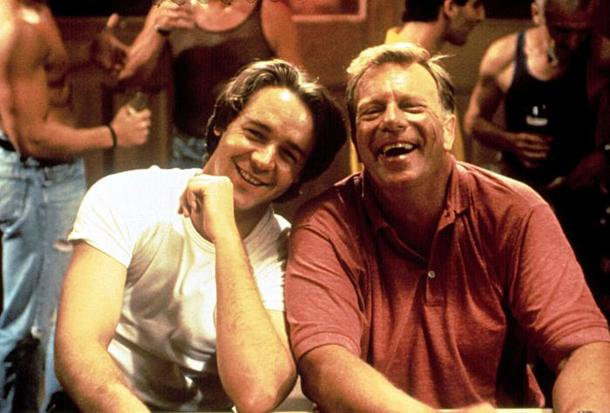
A pair of private performances from two great, ultra-macho actors form the center of the 1994 adaptation of David Stevens’ popular play. Before he graduated to Hollywood to trip horses and carve up gladiators, Russell Crowe was tender and endearing as Jeff, a 20-something who brings home his new beau to meet his lovely father Harry, played by the great Jack port Thompson. Thompson is assigned the film’s most well-known line, delivered in the form of a “cheers” to both young fans: “Up ya bum!”
52 Tuesdays (2013)
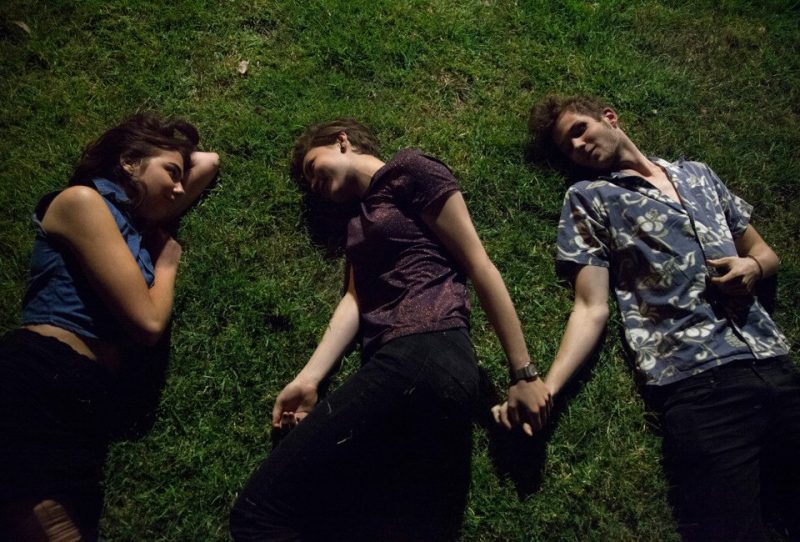
There can be an element of novelty in the structure of director Sophie Hyde’s time-lapse episode, which was shot once weekly (every Tuesday) for a year. Despite some tough edges, this deeply memorable episode offers a remarkable dual character perspective. The intimate awakening and coming-of-age of the teenage lady (Tilda Cobham-Hervey) on the one hands; on the other the journey of her mother (Del Herbert-Jane) who is transitioning from woman to male. If the spine of the film is fragmented, the heart and soul of it comes across in spades.
Wake in Fright (1971)
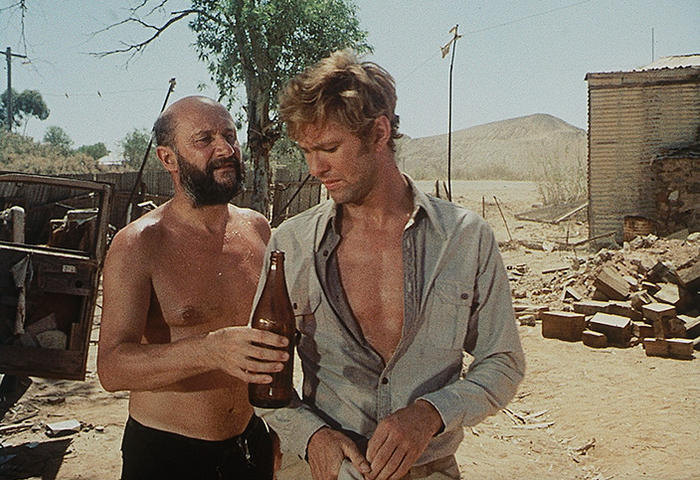
Within this modern classic, a potent and disturbing tale of the effete teacher (Gary Bond) who, stranded in the outback when he gambles away his money, falls along with a menacing band of locals and Doc, an eccentric alcoholic outsider played by Donald Pleasence. As the film descends into headache place, with horrific scenes of real kangaroo slaughter, Australia has never appeared so unsettling; singer Nick Cave said Wake in Fright is the “best and most terrifying film about Australia around”.
Although rarely categorised as a homosexual film, viewers won’t need to dive deep for the queer subtext in this violent, male-dominated world. Connection himself was homosexual, an early club scene appears like a picture from William Friedkin’s S&M thriller Cruising (1980), although it is clear that some kind of sexual work, probably a rape, takes place between the teacher and Doc after a violent struggle, sending the protagonist into another spiral of despair. It’s a greatly impressive film, and stands as one of the great Australian movies.
The Adventures of Priscilla, Queen of the Desert (1994)
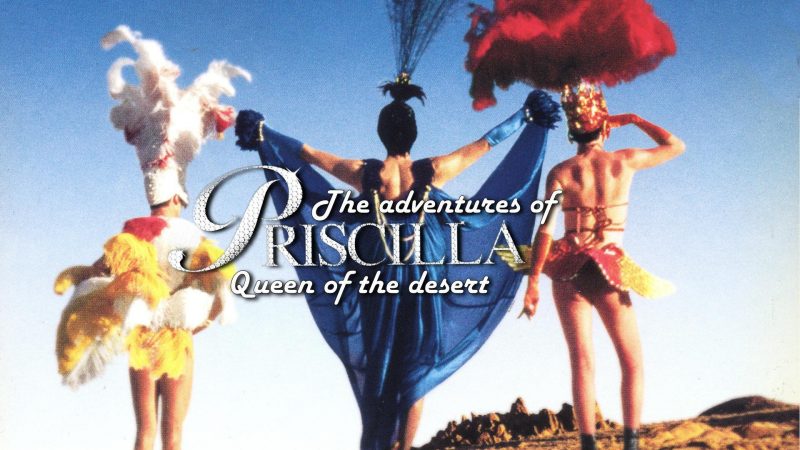
Article writer/director Stephan Elliott’s inimitable road movie needs no introduction; nor do the so-called cocks in frocks who visited a rock and roll (performed by Terence Stamp, Man Pearce and Hugo Weaving). Jokes in regards to a Filipino mail-order bride popping ping-pong balls out of you know where haven’t, shall we say, aged all that well, but what’s Australian history without the right old-fashioned informal racism? Priscilla, a cross-dressing crazy gemstone of a film, has way too many great moments to list, including one of the most magical scenes produced in Australian movie theater in the 90s.
The Clinic (1982)
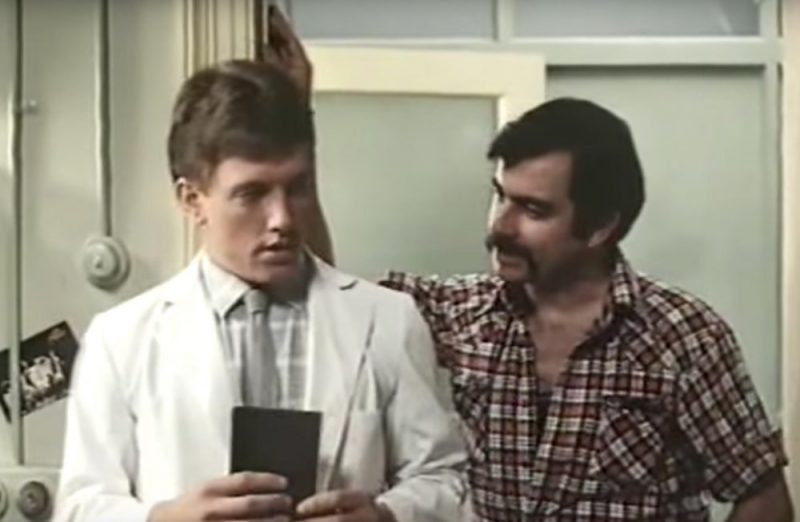
Within this fun and bawdy combo of saucy comedy and sex education aid, we dip into per day in the life of the VD clinic, in which a laid-back doctor (Chris Haywood) and a prudish medical college student (Simon Burke) have a tendency to patients of all walks of life, from frank sex workers to ashamed housewives, from promiscuous gay men to cheating husbands. Appalled whenever a moustachioed man in the waiting around room flirts with him, the student’s homophobia becomes manifest in the dramatic scene when he realises the doctor, too, is homosexual, snarling: “Those men come in here plus they drop their pants for you. Now that is simpler than hanging around a general public lavatory, isn’t it?”
The occasions of drama between your knob jokes and sight gags make The Medical clinic, a film seldom appraised beyond Oz, an unpredictable and incredibly enjoyable viewing experience. It’s boosted hugely by a very likeable performance from Haywood as the gay doctor, who eventually manages to forge a bond of a friendly relationship with the traditional youngster.
The Suicide Theory (2015)
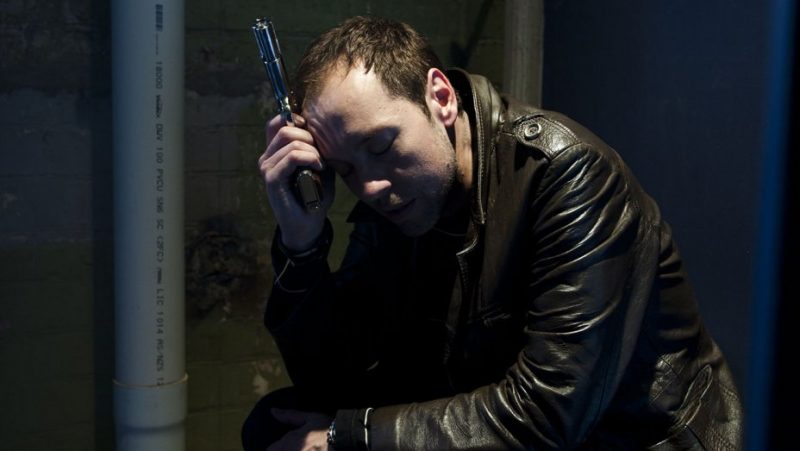
Dru Brown’s noirish-looking, Queensland-shot, locally ignored black comedy thriller revolves around a suicidal man (Leon Cain) who hires an assassin to get rid of him because fate won’t allow him to do the dirty work himself. The reason behind his grief concerns the loss of his sweetheart; their romantic relationship gets fleshed out a little, retrospectively, over time. His would-be assassin (Steven Mouzakis) spends his extra occasions reminiscing on his (also deceased) ex-partner, gaining her old lipstick and dressing in her clothes.
Ecco Homo (2015)
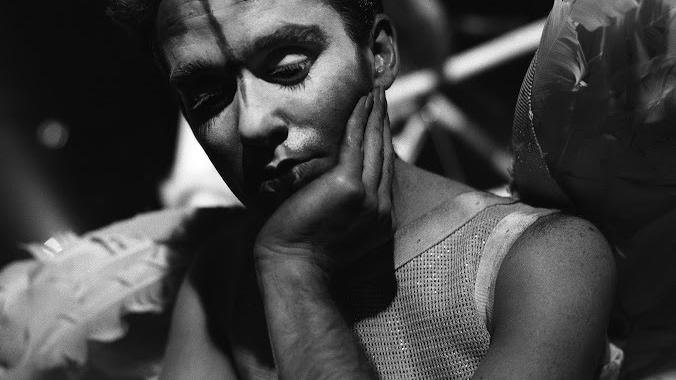
You may not have heard about Peter Vanessa “Troy” Davies, the late cross-dressing artist, actor and performer whose life was examined in this Bono-produced documentary-investigation from co-directors Richard Lowenstein and Lynn-Maree Milburn. Ecco Homo educates audiences about its flamboyant subject’s life while simultaneously posing many more questions. It’s a fascinatingly odd and perplexing documentary about a fascinatingly unusual and perplexing person.
The ABC of Love and Sex (1978)
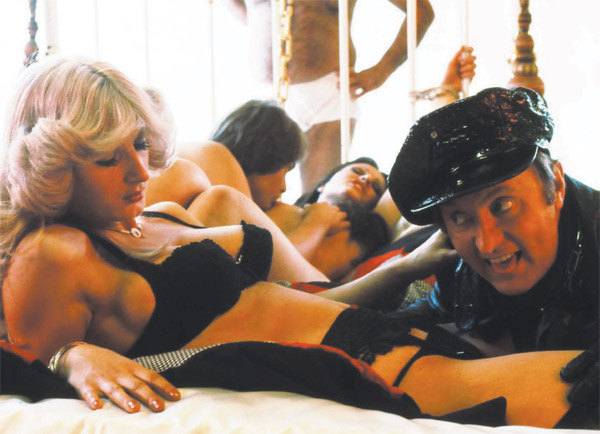
That one is cheating a little, given the LGBT focus in director John D Lamond’s “factsploitation” sex ed doco is minor. But, sectioned off into vignettes discovering 24 topics that correspond to words of the alphabet, the “H is perfect for homosexual” segment is an excellent ’un. “Obviously there will be a problem with homosexuality,” the sage narrator begins, “So long as an intolerant attitude towards it exists.” He recounts a few of history’s ideal gays and implores viewers to target not on sexual orientation but what matters most: love.
The Everlasting Secret Family (1988)
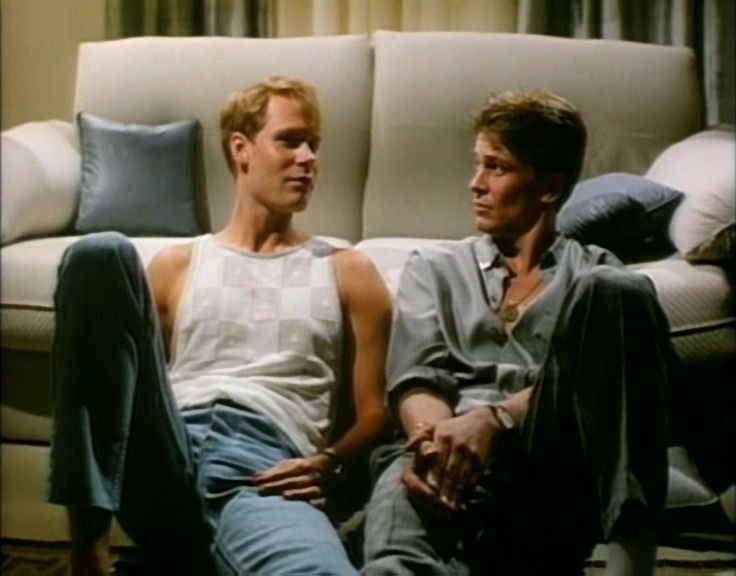
Some films are just so jaw-dropping and provocative that they stumble accidentally into the category of ‘great’, even if they’re difficult to like. The Everlasting Magic formula Family is one such film, an often homophobic story of a man who becomes driven to climb the cultural ladder and live the high life when he becomes the object of desire of the closeted homosexual politician. Plucked from college to service the senator’s intimate desires, he is soon pimped out to visiting dignitaries. As the guy (only one character in the film is given a name) develops older, he manages to lose the money of his youth and dangers being expelled from the rich life to which he’s is becoming accustomed. But he has a cunning plan that the senator will not see coming…
It’s an easy film to mock, and its own kinky moments of bondage and a (thankfully off-screen) painful-sounding sex action with a big crab teeter into camp, and suggest the filmmaker’s opinion of homosexual men may not be high. But it’s wickedly interesting, Arthur Dignam is excellent as the politician, and it’s an unique film that could not have been made at any other time, with sex moments too visual for prior to the 1980s and an anti-gay streak too unpalatable for the 1990s. Strategy with caution.
Head On (1998)
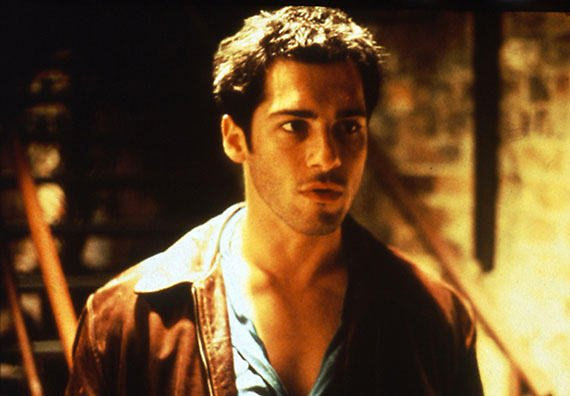
Another apt title would have been “COMPLETE”. There’s an immediate, scuzzy, street-side energy to director Ana Kokkinos’ blistering version of Christos Tsiolkas’s first book, Loaded. Alex Dimitriades has played several gay characters over time, like a horny party young man in Ruben Guthrie and the business lead role in last year’s excellent four-part SBS crisis The Principal. AT ONCE shows him at his rawest, as a promiscuous drug-ravaged gay man wrestling with his sexual orientation and conventional Greek heritage.
Monster Pies (2013)
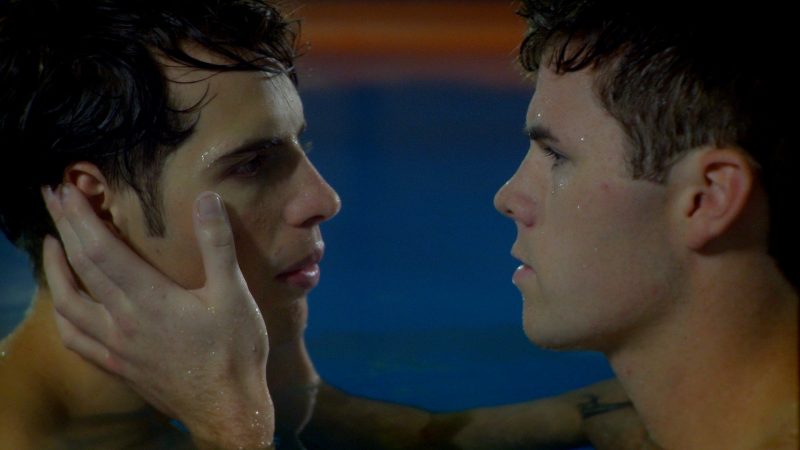
This lovable gay teen drama transcends its low quality and a couple of wonky supporting performances to emerge as an extremely winning tale of first love. The storyline itself is a homosexual staple: Mike (Tristan Barr) evolves a crush on William (Lucas Linehan), the new guy at school, and both are assigned to work on a project collectively, a video reimagining of Romeo and Juliet. Love blossoms but is threatened by Mike’s homophobic mom and William’s violent alcoholic father.
Barr gives a performance of great attraction as the goofy, gawky teen clumsily finding first love. As the last 20 minutes veer into melodrama, overall this actually the best of the recent spate of Australian homosexual teen dramas, and the nearest thing for an Antipodean Beautiful Thing.
Love and Other Catastrophes (1996)
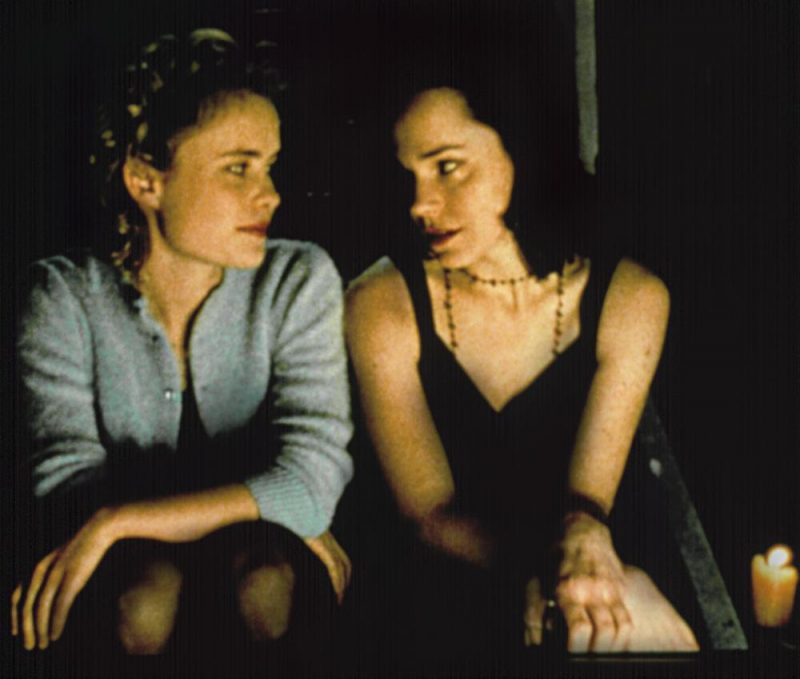
The debut film of writer/director Emma-Kate Croghan arrived just like a bolt from the blue. Love and Other Catastrophes is a spritzy, talky, low-budget day-in-the-life-of college or university campus/shared house dramedy shot in only 17 days when the director was 23. An absolutely radiant Frances O’Connor leads the cast as cinema studies pupil Mia, who has separated from her girlfriend Danni (Radha Mitchell). Their romantic relationship will resonate with anybody who in addition has gone through a not-quite-ready-to-say-goodbye break-up.
Gayby Baby (2015)
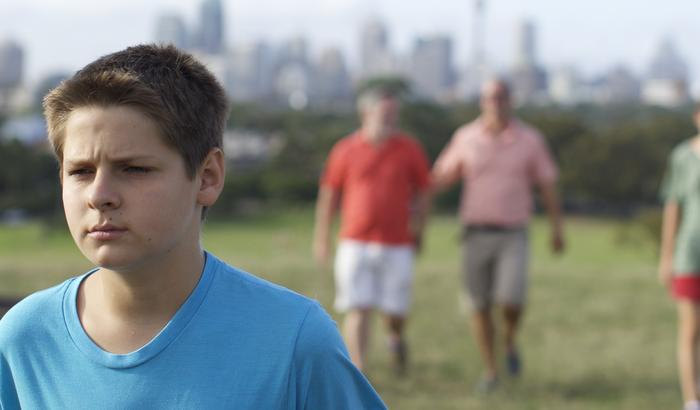
Over three years in the making, Maya Newell’s sensitive and frequently very funny documentary follows four gay couples with children, and the everyday challenges they face, some of which have nothing in connection with their sexuality. Among the film’s biggest achievements is showing the resilience of the kids, most of whom run into as happy and participating, especially the sharpened and observant Gus, an all natural in front of the camera. As Newell, herself the child of same-sex parents, says: “These kids get it. We just need the rest of the world to capture on”.
The film’s strongest moments involve the scenes of tension between the children and the beliefs of the parents. Matt’s delivery mom is the person in a homophobic cathedral, and he questions her values at every opportunity, while Graham, an used 11-year-old who can’t read, encounters new problems when his dads move to Fiji with him and encourage him to keep their sexuality a key owing to its conservative society.
Remembering the Man (2016)
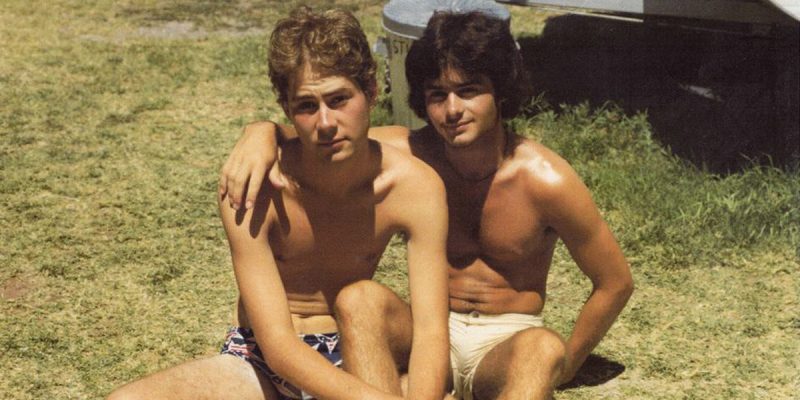
To bastardise the words of Darryl Kerrigan: this film goes straight (as they say) to the homosexual pool room. Working on the task to get more than five years, co-directors Nickolas Parrot and Eleanor Sharpe built a wealthy emotional and educational journey. They enjoy the love between enthusiasts Tim Conigrave and John Caleo as well as venturing into darker territory, investigating the Helps pandemic that strike their era and revealing all-too-recent examples of bigotry in Australian media and culture.
Dead Europe (2012)
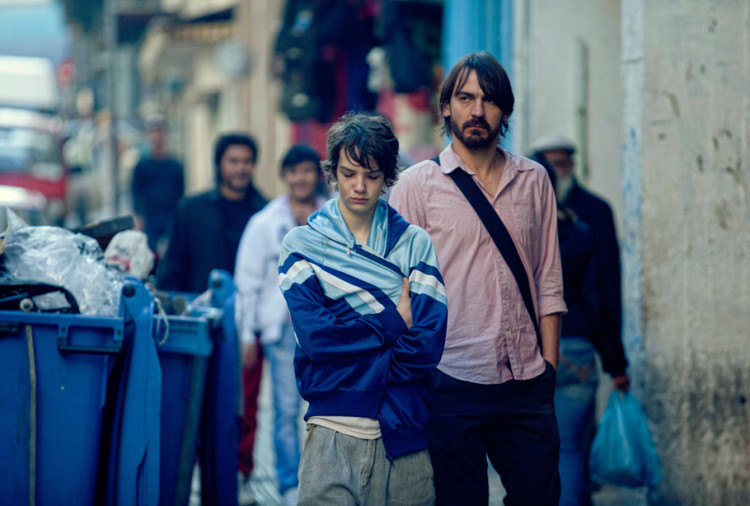
Another Christos Tsiolkas tale, and a very dark and sinister one. For a lot of its size, the film feels very post-gay; Isaac (Ewen Leslie), our antihero, a moody Greek Australian who unearths some unpalatable family secrets when he comes back to Greece following unexpected loss of life of his father, is obviously not described by his homosexuality. What begins as a family drama rapidly slides into horror surfaces, and the looks of a strange, wan boy (Kodi Smit McPhee) causes a descent to the dark part. He is dragged into a nightmarish gay underworld, resulting in a shocking finishing that arrives just like a punch to the gut.
Director Tony Krawitz conveys an oppressive, almost Lynchian feeling of approaching menace, and the metropolitan areas of Athens, Paris and Budapest have rarely seemed as unnerving. Every personality makes their time count, from Isaac’s sleazy brother to a female immigrant whose sudden antisemitic outburst is one of the film’s most surprising scenes.









Follow US